The Personality Profile of 2020 Republican Presidential Candidate Donald Trump
Related page: “The Personality Profile of 2016 Republican Presidential Candidate Donald Trump” » http://personality-politics.org/donald-trump
Studies conducted during the 2016 presidential election cycle
The Political Personality of 2016 Republican Presidential Nominee Donald J. Trump. Working paper by Aubrey Immelman, Unit for the Study of Personality in Politics, St. John’s University/College of St. Benedict, October 2016. Abstract and link for full-text (31 pages; PDF) download at Digital Commons: http://digitalcommons.csbsju.edu/psychology_pubs/103/
Executive summary: Donald Trump’s predominant personality patterns are Ambitious/exploitative (a measure of narcissism) and Outgoing/impulsive, infused with secondary features of the Dominant/controlling pattern and supplemented by a Dauntless/adventurous tendency. This particular personality composite can be labeled amorous narcissism or, in political terms, high-dominance charismatic — charismatic by virtue of the highly elevated primary Ambitious–Outgoing amalgam.
The Leadership Style of U.S. President Donald J. Trump. Working paper by Aubrey Immelman, Unit for the Study of Personality in Politics, St. John’s University/College of St. Benedict, January 2017. Abstract and link for full-text (14 pages; PDF) download at Digital Commons: http://digitalcommons.csbsju.edu/psychology_pubs/107/
Executive summary: Donald Trump’s core personality-based leadership traits may be summarized as follows: an active-positive presidential character with mobilization — the ability to arouse, engage, and direct the public — as his key leadership asset; an overall leadership style that is distinctively charismatic and nondeliberative; and a high-dominance, extraverted, influential foreign policy orientation.
Personality profile and leadership style analysis of President Donald Trump presented at 2020 International Society of Political Psychology meeting

Aubrey Immelman presents his paper, with Anne Marie Griebie, on “The Personality Profile and Leadership Style of U.S. President Donald J. Trump in Office” at the 43rd Annual Scientific Meeting of the International Society of Political Psychology, July 16, 2020. The meeting, originally scheduled for Berlin, Germany, was conducted in virtual format due to the global COVID-19 pandemic.
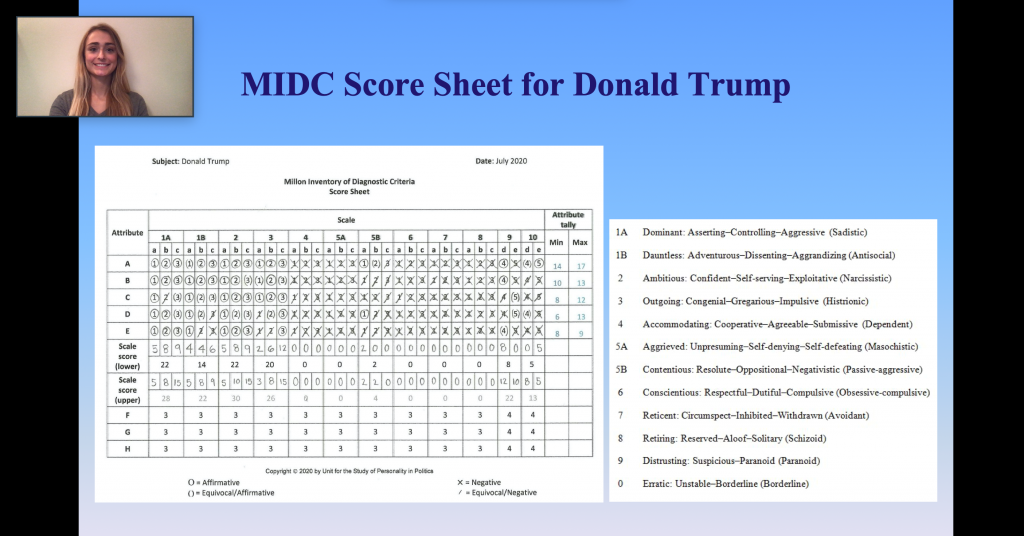
Annie Griebie explains the scoring system used in the assessment of President Donald Trump’s personality as revealed in office.
Research report
The Personality Profile and Leadership Style of U.S. President Donald J. Trump in Office. Paper presented at the 43rd Annual Scientific Meeting of the International Society of Political Psychology, Berlin, Germany, July 14-16, 2020. Abstract and link for full-text (71 pages; PDF) download at Digital Commons: http://digitalcommons.csbsju.edu/psychology_pubs/129/
Annie Griebie briefly explains the conceptual framework, methodology, and results of her assessment of President Donald Trump’s personality as revealed in office. (9:39)
The Personality Profile and Leadership Style of U.S. President Donald J. Trump in Office
By Aubrey Immelman and Anne Marie Griebie
July 2020
Abstract
This paper presents the results of an indirect assessment, from the conceptual perspective of personologist Theodore Millon, of the personality of Donald J. Trump, 45th president of the United States, based solely on personality dynamics revealed by his political behavior in office.
Psychodiagnostically relevant data were collected from biographical sources and media reports of Trump’s postinaugural political behavior from January 20, 2017 until July 2020 and synthesized into a personality profile using the Millon Inventory of Diagnostic Criteria (MIDC), which yields 34 normal and maladaptive personality classifications congruent with DSM-III-R, DSM-IV, and DSM-5.
The personality profile yielded by the MIDC was analyzed in accordance with interpretive guidelines provided in the MIDC and Millon Index of Personality Styles manuals. Trump’s primary personality patterns were found to be Ambitious/self-serving (bordering on exploitative), Dominant/controlling (bordering on aggressive), and Outgoing/gregarious (bordering on impulsive), infused with secondary features of the Dauntless/dissenting pattern. There is suggestive, equivocal evidence of incipient Distrusting/suspicious and Erratic/unstable tendencies emerging during Trump’s time in office.
Ambitious individuals are bold, competitive, and self-assured; they easily assume leadership roles, expect others to recognize their special qualities, and often act as though entitled. Dominant individuals enjoy the power to direct others and to evoke obedience and respect; they are tough and unsentimental and often make effective leaders. Outgoing individuals are dramatic attention‑getters who thrive on being the center of social events, go out of their way to be popular with others, have confidence in their social abilities, tend to be impulsive and undisciplined, and become easily bored — especially when faced with repetitive or mundane tasks. Dauntless individuals tend to flout tradition, dislike following routine, sometimes act impulsively and irresponsibly, and are inclined to elaborate on or shade the truth and skirt the law.
As predicted on the basis of his pre-inaugural personality profile, Trump’s executive leadership style in office has been bold, competitive, and self-assured (i.e., ambitious); tough and directive (i.e., dominant); impulsive and undisciplined (i.e., outgoing); and disruptively tradition-defying, with an inclination to shade the truth and skirt the law (i.e., dauntless).
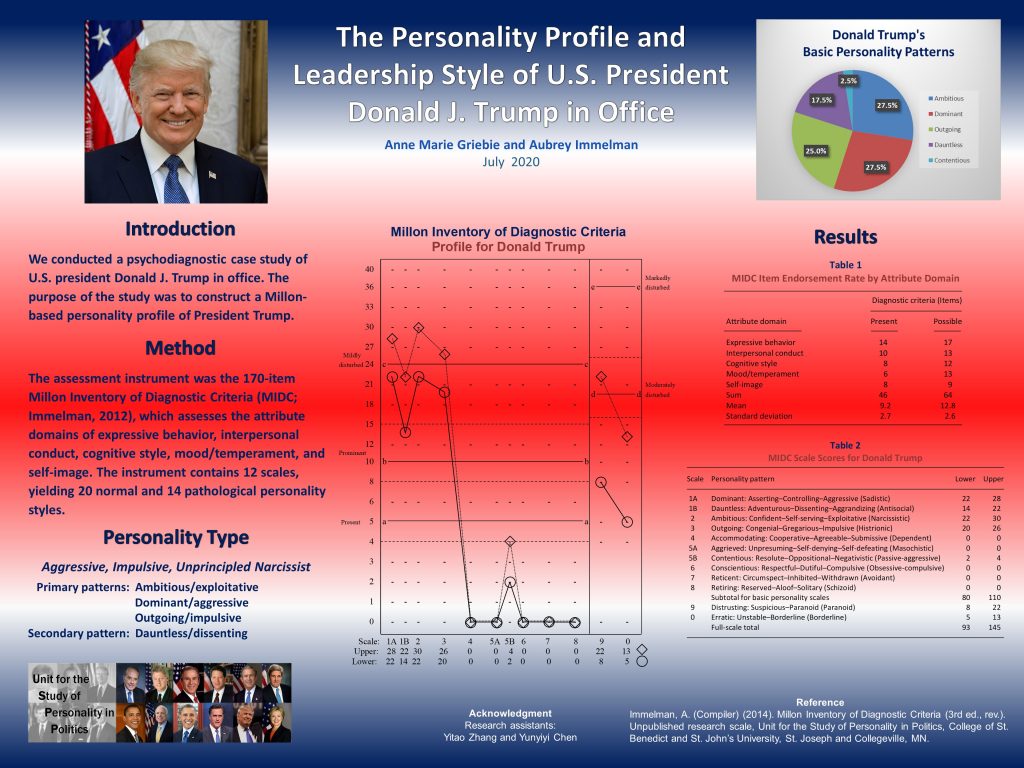
Click on image for larger view
Presidential Electability Index range: 64-84 (dysfunctionality adjusted = 45)
FEATURED ANALYSES
January 6, 2020
The two guiding principles of behavioral forecasting based on psychological profiling are:
- Personality directs — and therefore predicts — behavior.
- The best predictor of future behavior is past behavior.
Based on (1) empirical studies of Donald Trump’s personality profile and leadership style conducted at the Unit for the Study of Personality in Politics and (2) rational-intuitive inference derived from President Trump’s observed behavior in office, the following general expectancies present themselves with reference to Trump’s likely response to Iran’s anticipated retaliation for the targeted killing of Islamic Revolutionary Guard Corps Quds Force commander Gen. Qasem Soleimani.
Key personality traits driving President Trump’s behavior
Donald Trump is bold, self-assured, and levelheaded under pressure and in the face of adversity; is a dramatic attention‑getter more inclined to precipitous action than to indecision; enjoys the power to take charge, evoke respect, and seeing that the job gets done; is tough, competitive, and unsentimental; and is willing to flout tradition, acting autonomously in accordance with his personal goals and preferences.
Relevant indicators from President Trump’s past behavior
Donald Trump prides himself on “promises made, promises kept” and completing projects on- or ahead of schedule; is motivated to extricate the United States from “endless wars”; is driven to project military power to buttress U.S. prestige and national security; and is generally explicit in stating his intent.
General expectancies for President Trump’s response to Iranian reprisal
- President Trump is highly unlikely to order a full-scale war such as George H.W. Bush’s Gulf War (1991) or George W. Bush’s invasions of Afghanistan (2001) and Iraq (2003).
- President Trump is unlikely to escalate the current standoff with Iran in the absence of revenge operations by the Iranian regime or its proxies.
- President Trump is likely to respond proportionately to Iranian retaliation outside the United States, provided no U.S. nationals are harmed (but may incrementally escalate counterattacks if revenge attacks persist).
- President Trump is likely to respond disproportionately to Iranian retaliation outside the United States if U.S. nationals are killed or injured.
- President Trump is likely to respond with overwhelming force to attacks by Iran or its proxies within the United States or its territories.
Catalog of topical tweets by Donald J. Trump
Iran never won a war, but never lost a negotiation!
— Donald J. Trump (@realDonaldTrump) January 3, 2020
….of PROTESTERS killed in Iran itself. While Iran will never be able to properly admit it, Soleimani was both hated and feared within the country. They are not nearly as saddened as the leaders will let the outside world believe. He should have been taken out many years ago!
— Donald J. Trump (@realDonaldTrump) January 3, 2020
Iran is talking very boldly about targeting certain USA assets as revenge for our ridding the world of their terrorist leader who had just killed an American, & badly wounded many others, not to mention all of the people he had killed over his lifetime, including recently….
— Donald J. Trump (@realDonaldTrump) January 4, 2020
….hundreds of Iranian protesters. He was already attacking our Embassy, and preparing for additional hits in other locations. Iran has been nothing but problems for many years. Let this serve as a WARNING that if Iran strikes any Americans, or American assets, we have…..
— Donald J. Trump (@realDonaldTrump) January 4, 2020
….targeted 52 Iranian sites (representing the 52 American hostages taken by Iran many years ago), some at a very high level & important to Iran & the Iranian culture, and those targets, and Iran itself, WILL BE HIT VERY FAST AND VERY HARD. The USA wants no more threats!
— Donald J. Trump (@realDonaldTrump) January 4, 2020
They attacked us, & we hit back. If they attack again, which I would strongly advise them not to do, we will hit them harder than they have ever been hit before! https://t.co/qI5RfWsSCH
— Donald J. Trump (@realDonaldTrump) January 5, 2020
The United States just spent Two Trillion Dollars on Military Equipment. We are the biggest and by far the BEST in the World! If Iran attacks an American Base, or any American, we will be sending some of that brand new beautiful equipment their way…and without hesitation!
— Donald J. Trump (@realDonaldTrump) January 5, 2020
These Media Posts will serve as notification to the United States Congress that should Iran strike any U.S. person or target, the United States will quickly & fully strike back, & perhaps in a disproportionate manner. Such legal notice is not required, but is given nevertheless!
— Donald J. Trump (@realDonaldTrump) January 5, 2020
Update: January 8, 2020
Iranian foreign minister Javad Zarif announces standdown after “proportionate” retaliation
Iran took & concluded proportionate measures in self-defense under Article 51 of UN Charter targeting base from which cowardly armed attack against our citizens & senior officials were launched.
We do not seek escalation or war, but will defend ourselves against any aggression.
— Javad Zarif (@JZarif) January 8, 2020
Donald Trump takes the off-ramp in Iran confrontation (Analysis by Chris Cillizza, CNN, Jan. 8, 2020) — President Donald Trump decided Wednesday that taking his foot off the gas in the rapidly escalating conflict between the United States and Iran was the right move. … Trump [delivered] the message that, despite Iran launching more than a dozen missile strikes at two sites in Iraq less than 24 hours ago, he was comfortable with calling an end to the outright hostilities. … He added: “Iran appears to be standing down, which is a good thing for all parties and a good thing for the world.” … Trump’s measured tone on Wednesday was a striking contrast to his approach to the Iranians just days ago on Twitter. … It’s not clear what had changed Trump’s mind — and tone — over the days between those tweets and his address on Wednesday. Perhaps it was that the missile strikes resulted in no deaths. Or that the Iranians had given Iraq a heads up that the strikes were coming. Or that Trump’s administration has grown increasingly certain that Iran purposely targeted sites and areas where no one would be killed as a way to retaliate for the killing of Iranian commander Qasem Soleimani without starting a broader conflict. …
Update: November 27, 2020
Mohsen Fakhrizadeh, Iran’s top nuclear scientist — considered one of the masterminds of Iran’s nuclear program — has been killed in an apparent assassination that the country’s foreign minister linked to Israel.
Several top-level Iranian officials have condemned the attack and threatened to retaliate.
Iran has yet to respond, beyond condemnation, to the killing of Iranian military commander Qassem Soleimani earlier this year.
Update: December 23, 2020
December 15, 2019
Responding to Kim Jong-un’s “Christmas surprise”
On December 14 the New York Times reported:
A second test [at the Sohae Satellite Launching Station] of what appeared to be an advanced missile engine, part of what North Korea said on Saturday was part of a “reliable strategic nuclear deterrent,” left little doubt that the country is moving quickly toward resuming the program that led to a crisis with Washington two years ago. … It was the second such test in a week, and came after weeks of increasingly vocal attempts to press the United States into further talks and new concessions. … American analysts and intelligence experts said they believe the ground test … was intended as a signal that the country could soon resume testing of an intercontinental ballistic missile.
Analysts have speculated an ICBM test might occur after the end of December, a deadline Kim Jong-un imposed for the U.S. to resume negotiations and provide sanctions relief.
In its report, the New York Times quotes Pak Jong-chon, chief of the general staff of the North Korean People’s Army, as saying: “We should be ready to cope with political and military provocations of the hostile forces, and be familiar with both dialogue and confrontation” and that the U.S. and its allies would “spend the year-end in peace only when they hold off any words and deeds rattling us” — signaling that amid stalled diplomacy “the voice of North Korea’s hard-line military was rising,” according to Cheong Seong-chang, vice president of research planning at South Korea’s Sejong Institute.
In conjunction with the North Korean foreign ministry’s veiled threat in early December that North Korea was preparing a surprise “Christmas gift” for the United States, the latest rhetoric emanating from the DPRK sounds ominous.
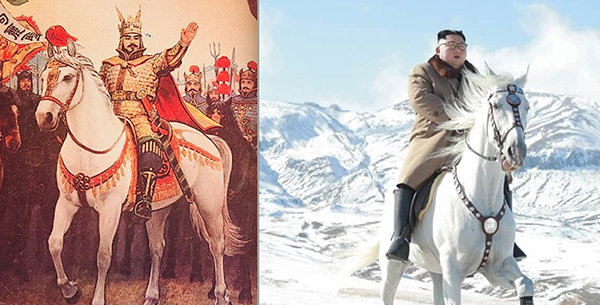
Left: Image of King Tongmyong from a North Korean book. Right: Image of Kim Jong-un, courtesy of KCNA. (Photo composite by Jean Lee /The Wilson Center)
Analysis: How should the U.S. respond?
- In planning its response, the U.S. should exercise caution in ascertaining the personal policy preferences of Kim Jong-un and distinguishing between that and the intent of hardliners in the DPRK military establishment.
- To the extent that Kim is losing ground in his grip on power vis-à-vis the top military leadership, the U.S. could strengthen Kim’s hand by giving due consideration to the resumption of personal diplomacy between the two nations’ leaders as a complement to the continuation of working-level talks.
- It would be prudent to delay any significant response or intervention until after evaluating the tone, and learning more about the details, of Kim’s policy options in his annual New Year’s Day speech.
- In the context of the central role of personal diplomacy in the US-DPRK nuclear negotiations, consider that with the specter of impeachment and the uncertainty of Donald Trump’s reelection as president, Kim might be reluctant to strike a deal at the present juncture, preferring to adopt a wait-and-see attitude; thus, it would be prudent to exercise patience and avoid any abrupt policy reversals.
2024 Republican Presidential Nomination Contest
What does the future hold for Michael Pompeo, Trump’s most Trumpy Cabinet secretary? (Tracy Wilkinson, Los Angeles Times, Dec. 28, 2020) — The secretary of state’s tenure and adoption of Trump’s brash style, Republican operatives say, can best be seen as a calculated way to position himself as Trump’s heir in the 2024 GOP primaries. … Full story
Who will win the 2024 Republican presidential nomination?
![]()
January 14, 2021
Trump drops 12 points: According to a POLITICO/Morning Consult poll released on Wednesday [Jan. 13, 2021], 42 percent of Republicans said they would vote for Trump in the 2024 presidential primaries in a poll conducted Jan. 8-11, after the attack on the Capitol. That percentage is down from 54 percent of Republicans who said they would vote for Trump when the question was asked Nov. 21-23. …
Despite the drop in numbers, Trump is still ahead of other potential challengers. The poll found 16 percent of Republicans said they would vote for Vice President Mike Pence; 6 percent for Donald Trump, Jr.; 6 percent for Sen. Ted Cruz (R-TX); 5 percent for Nikki Haley, the former South Carolina governor and American ambassador to the U.N.; and 6 percent said they would vote for Sen. Mitt Romney (R-UT). …
Opening yesterday, the [PredictIt] market tracking who will lead the Grand Old Party into the next presidential election showed Trump as the top contract at 19¢. He was followed by Haley at 16¢, Pence at 13¢ and then two senators at 8¢.

January 21, 2021 | by Chris Cillizza, Lauren Dezenski, and Allison Gordon
Mike Pompeo has officially begun a 2024 countdown
It’s no secret that the now-former secretary of state has future political ambitions. As top U.S. diplomat, he drew attention for making partisan moves like speaking at the RNC, hosting Republican donors at parties and showing up in Georgia right before the state’s Senate runoffs.
Pompeo, who represented Kansas’ 4th District from 2010 to 2016, ended his last campaign with significant cash on hand (over $990,400, per his latest campaign filing with the FEC). For a successful presidential bid, though, he’ll need a lot more to make a real splash.
Keep an eye out for Pompeo burnishing his name — and potential donor pool — over the next couple years. His presidential aspirations are about as obvious as they come.
Who will win the 2024 Republican presidential nomination?
![]()
May 8, 2021
Mike Pompeo decides not to seek 2024 Republican presidential nomination
April 14, 2023

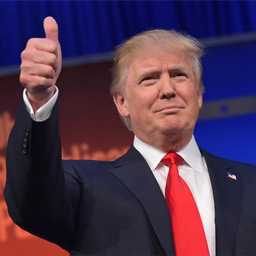
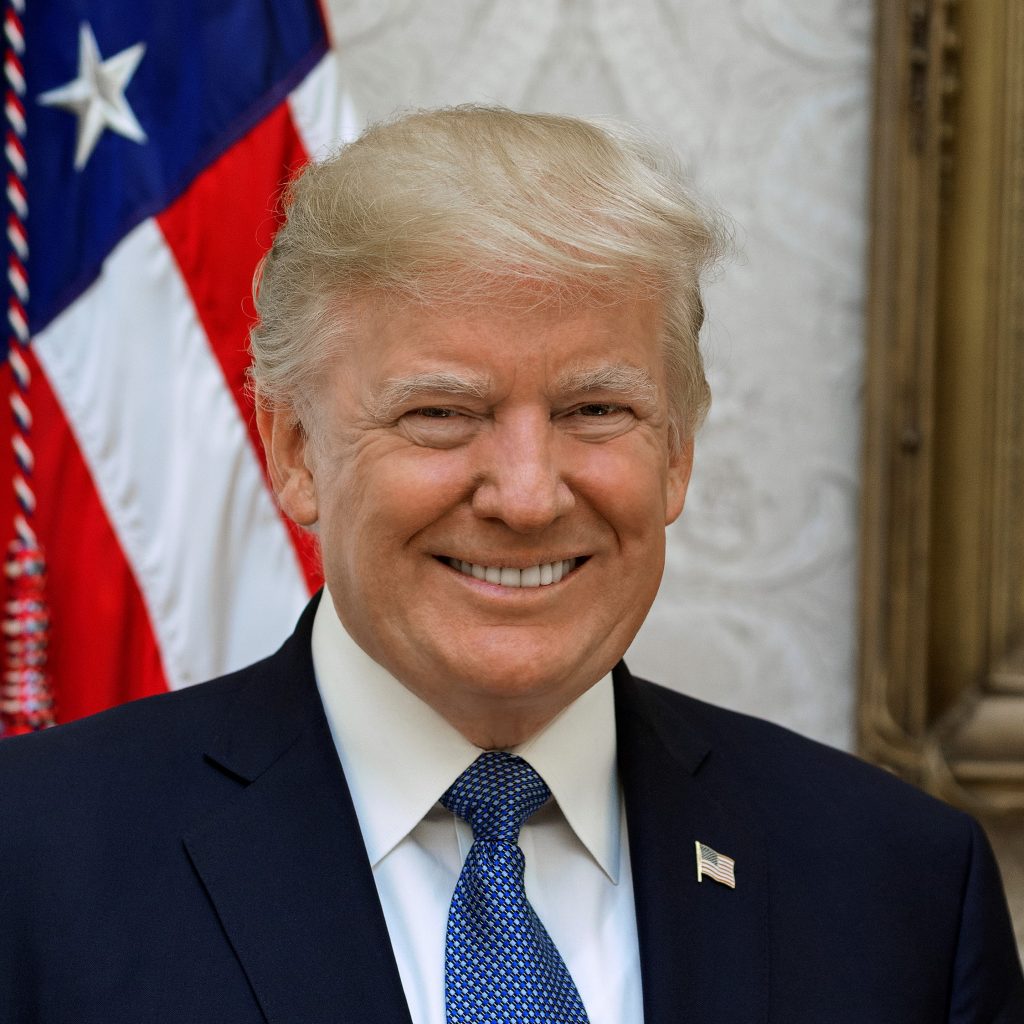
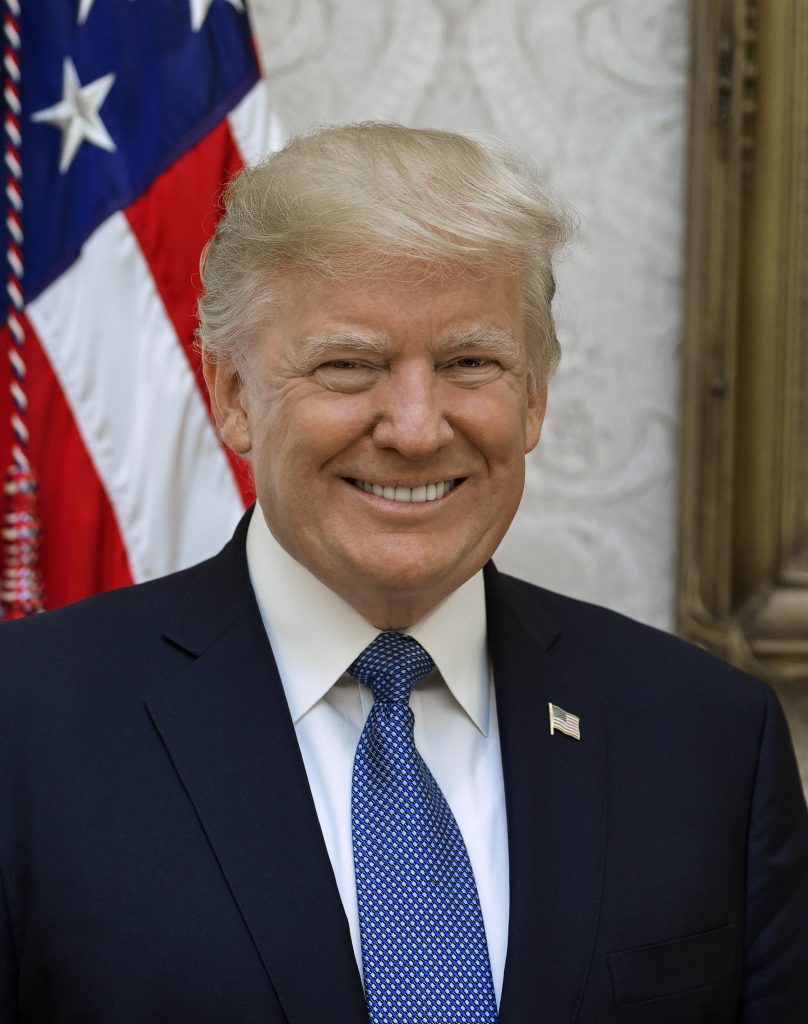
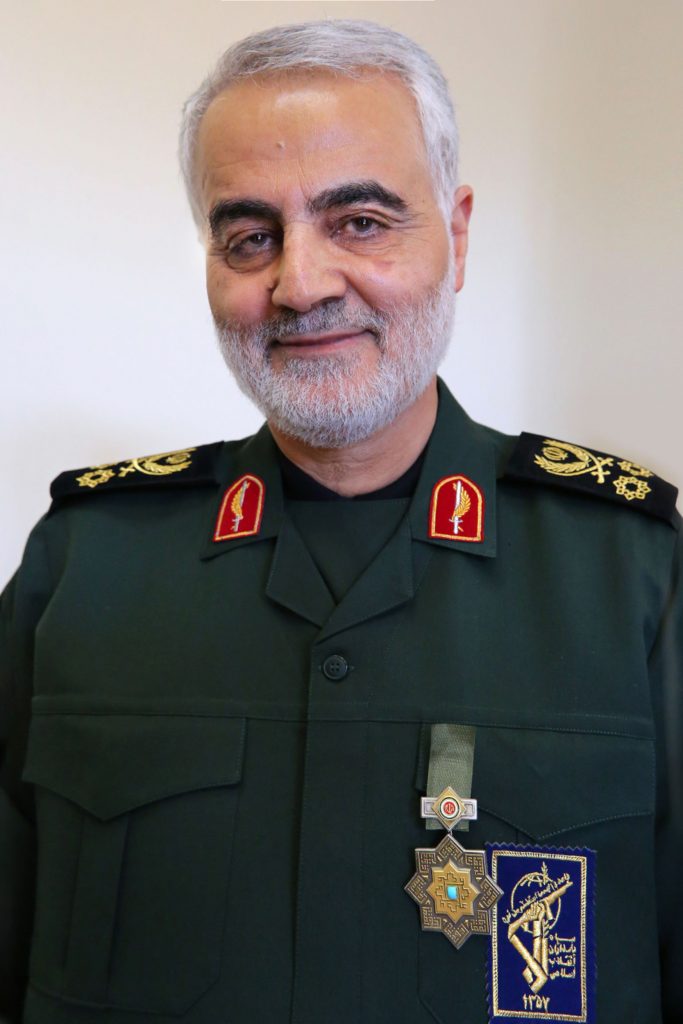
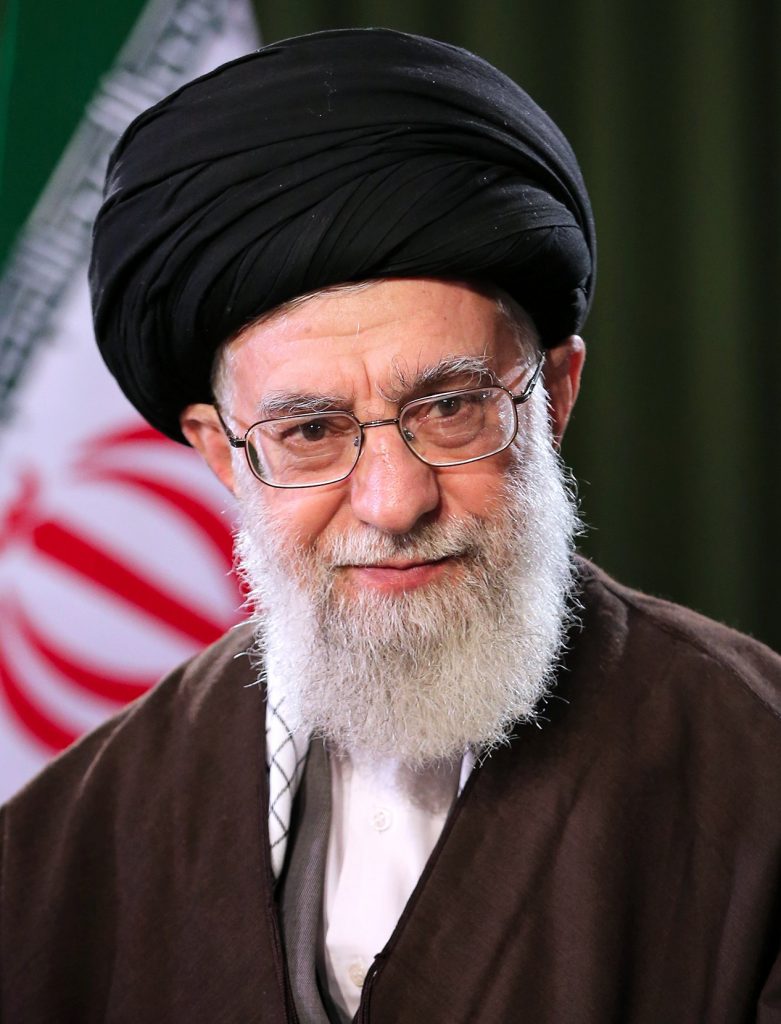
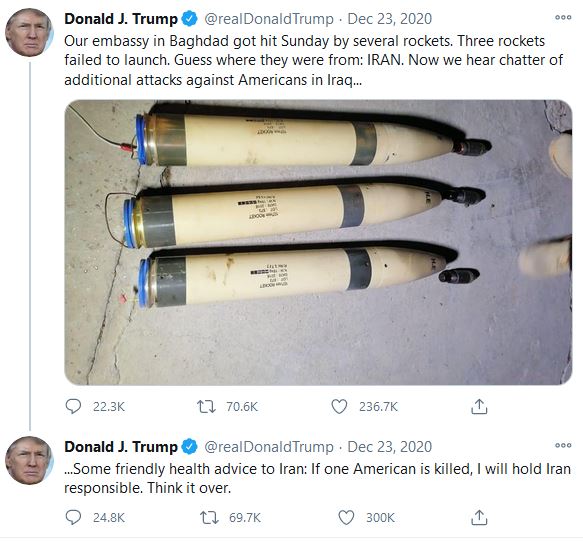
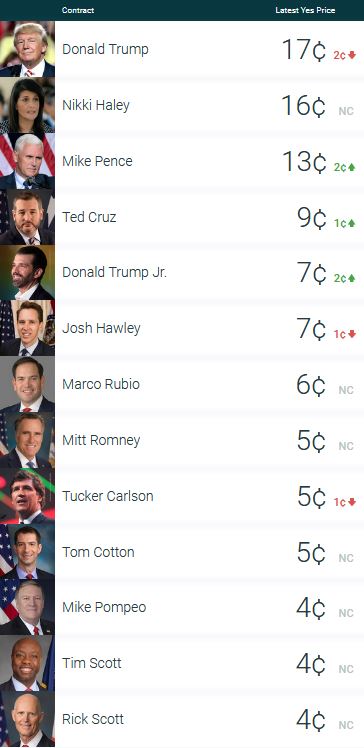
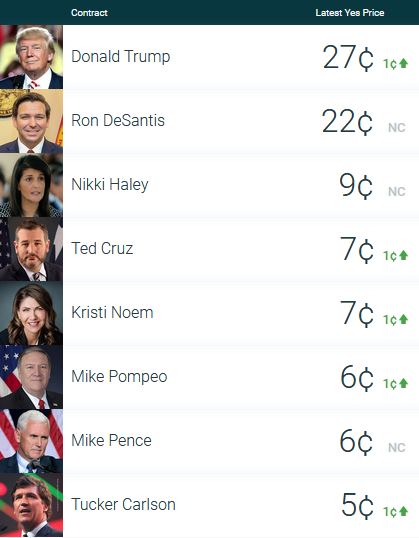
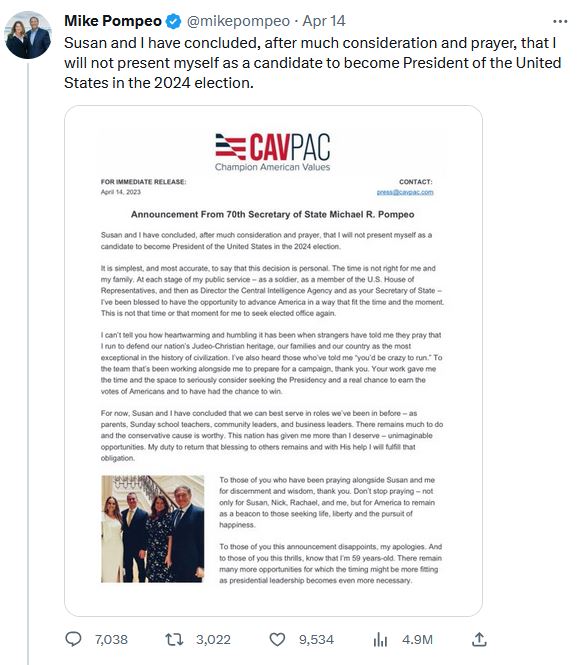









Follow Aubrey Immelman